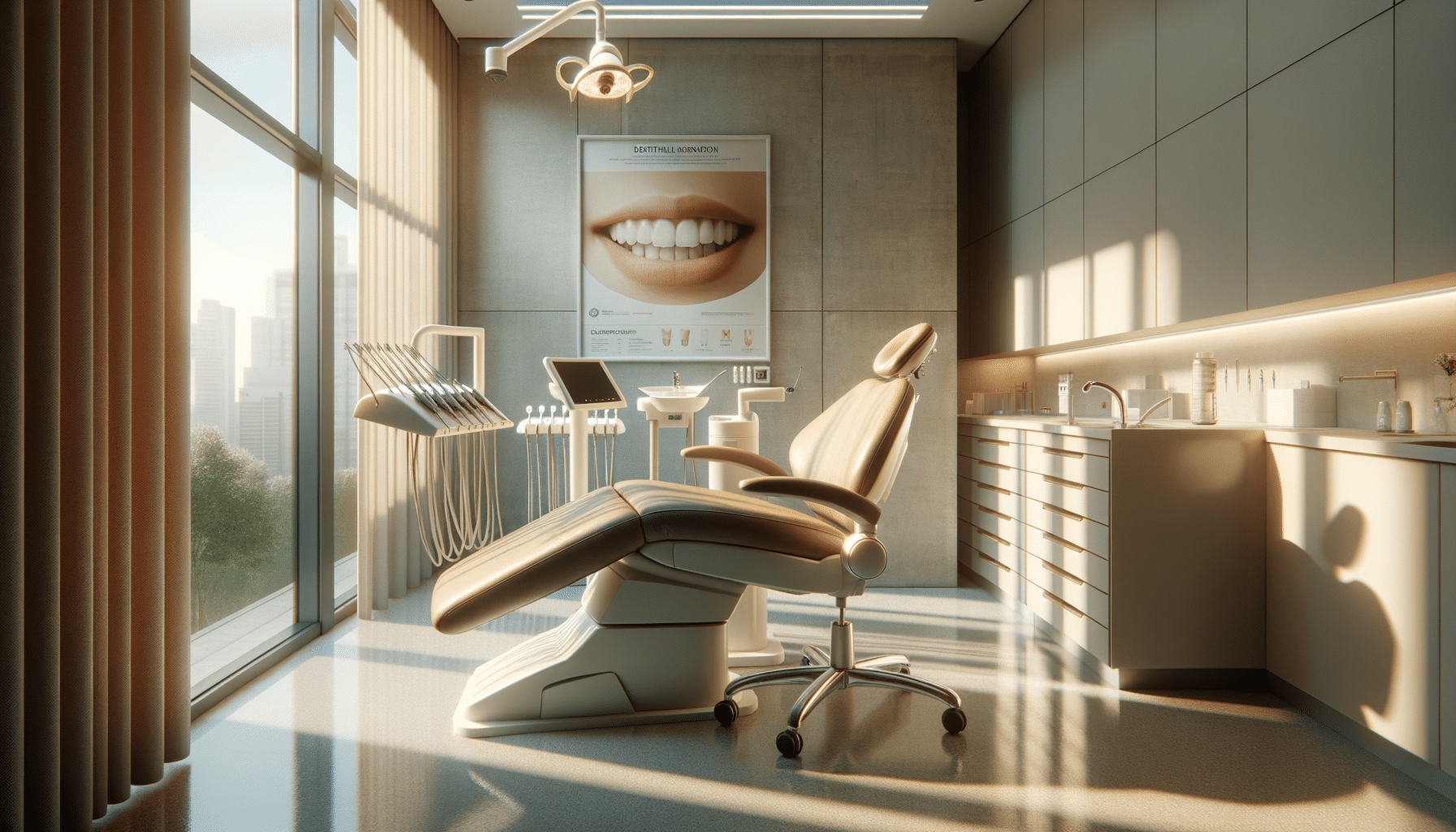
Understanding Dental Care with Medicaid and Medicare Coverage
Introduction to Dental Care, Medicaid, and Medicare Coverage
Dental care is a crucial aspect of overall health, yet it often remains overlooked in public health discussions. The integration of dental services within health insurance plans like Medicaid and Medicare offers significant benefits, but also presents challenges that require careful navigation. Understanding the nuances of these programs is essential for individuals seeking comprehensive healthcare solutions. This article delves into the specifics of dental care, the role of Medicaid in providing dental services, and how Medicare coverage fits into the broader healthcare landscape.
The Importance of Dental Care
Dental health is intrinsically linked to general health and well-being. Poor oral hygiene can lead to a myriad of health issues, including heart disease, diabetes, and respiratory infections. Regular dental check-ups and cleanings are vital in preventing tooth decay, gum disease, and other oral health problems. Furthermore, maintaining good oral hygiene can enhance self-esteem and social interaction, contributing to better mental health.
There are several key components to effective dental care:
- Regular brushing and flossing to remove plaque and prevent cavities.
- Routine dental visits for professional cleanings and examinations.
- A balanced diet that supports oral health, including calcium-rich foods.
- Awareness of habits that harm dental health, such as smoking and excessive sugar intake.
Despite its importance, access to dental care remains uneven, with many individuals facing barriers due to cost, lack of insurance coverage, or geographic location. This is where Medicaid and Medicare can play pivotal roles in bridging the gap.
Medicaid and Dental Care
Medicaid, a state and federally funded program, provides health coverage to eligible low-income individuals and families. While Medicaid is required to cover dental services for children, adult dental benefits are optional and vary by state. This leads to significant discrepancies in dental care access and quality across the country.
Medicaid’s dental coverage for adults often includes:
- Preventive services such as cleanings and exams.
- Restorative treatments like fillings and crowns.
- Emergency dental care for immediate relief of pain and infections.
Despite these offerings, many states have limited coverage, focusing primarily on emergency care rather than preventive or comprehensive services. This limitation can result in expensive emergency room visits for dental problems that could have been prevented with regular care.
Efforts to expand Medicaid dental benefits are ongoing, with advocacy groups pushing for more uniform coverage to ensure that all individuals have access to necessary dental services.
Medicare Coverage and Dental Services
Medicare, primarily serving individuals aged 65 and older, as well as younger people with disabilities, has historically excluded dental care from its coverage. This exclusion leaves many seniors without access to essential dental services, despite the critical role dental health plays in aging populations.
Medicare Part A (Hospital Insurance) may cover certain dental services that are deemed medically necessary prior to a hospital procedure, but routine dental care is generally not included. However, some Medicare Advantage plans, offered by private companies, provide additional dental benefits. These plans can cover:
- Basic services such as exams and cleanings.
- More comprehensive procedures like extractions and dentures.
- Preventive services aimed at maintaining oral health.
The lack of standard dental coverage in Medicare remains a significant gap in the healthcare system, prompting discussions about potential reforms to include dental services as a standard benefit, thereby improving access for millions of Americans.
Conclusion: Navigating Dental Care with Medicaid and Medicare
Understanding the intricacies of dental care coverage within Medicaid and Medicare is essential for maximizing health benefits and ensuring comprehensive care. While Medicaid offers varying degrees of dental coverage depending on the state, Medicare’s limitations highlight the need for supplemental insurance or alternative plans to address dental health needs.
Individuals must actively seek information and resources to navigate these programs effectively. Advocacy for expanded dental benefits continues, with the goal of achieving equitable access to dental care for all. By staying informed and proactive, individuals can better manage their dental health, leading to improved overall well-being.


